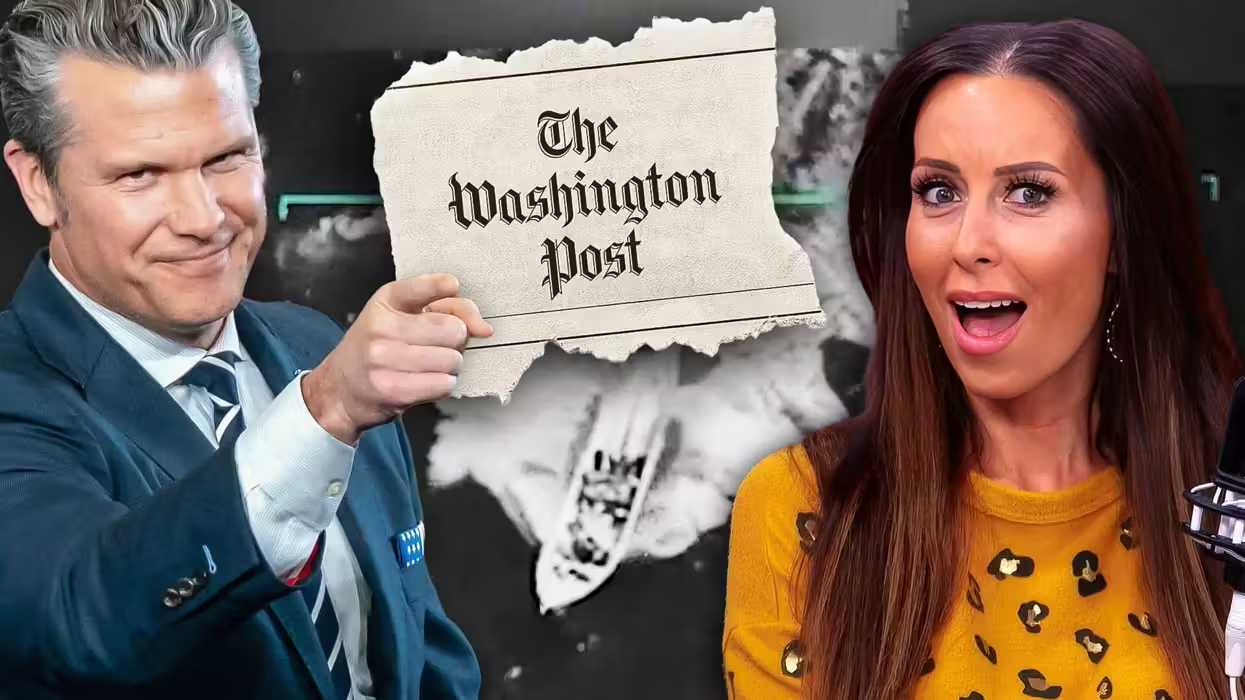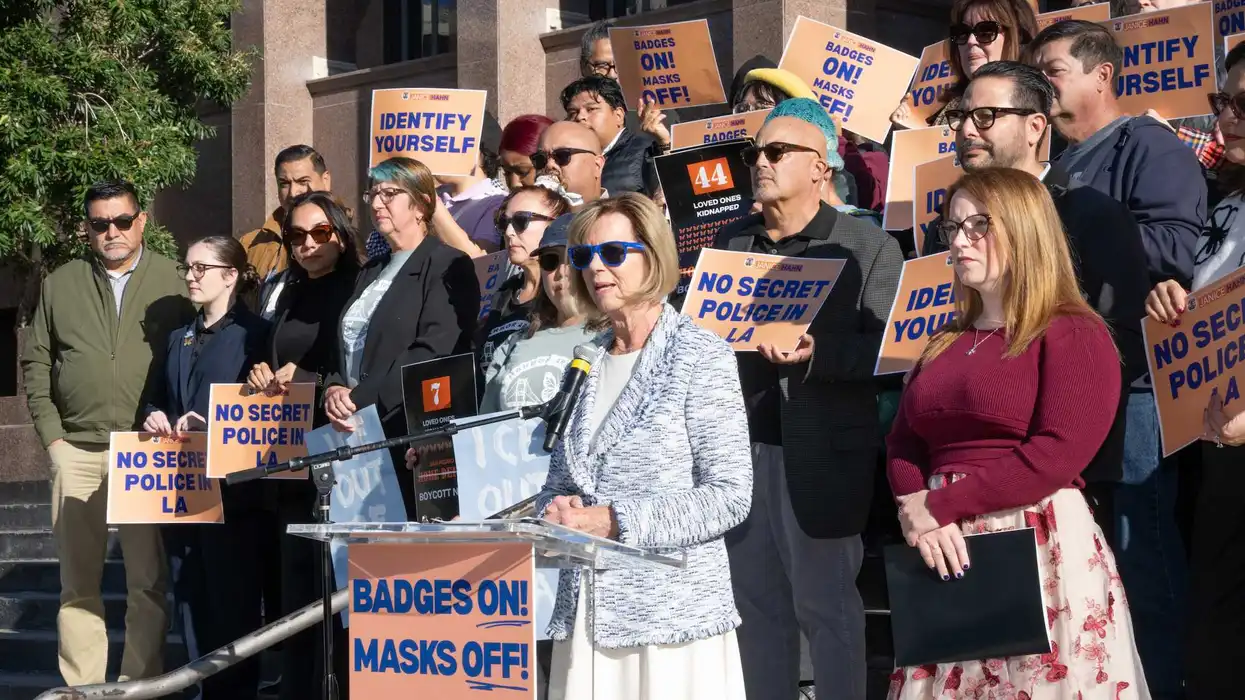
© 2025 Blaze Media LLC. All rights reserved.
"The idea of two rogue employees...is inconsistent with the kinds of checks and balances that are inherent in the way the organization is set up.”
Bonnie Esrig, a former manager at the Internal Revenue Service Cincinnati office at the center of the political targeting scandal, told NBC News she believes the scandal goes well beyond “low-level” employees.
The 38-year IRS veteran said she was shocked when she saw headlines blaming the scandal on “rogue” employees. She added that she was equally surprised when she saw headlines tying the scandal to the Obama White House.
“Those were things that were not consistent with my knowledge of the way the organization works,” she said:
She said she does not believe a few employees in the Cincinnati office are responsible for the targeting of nearly 500 conservative groups. You may recall that when this scandal started to unfold, a congressional source told CNN “two rogue” employees were to blame for the targeting.
“The idea of two rogue employees,” Esrig said, “is inconsistent with the kinds of checks and balances that are inherent in the way the organization is set up.”
She added that, contrary to what the IRS told the inspector general, these were not “mistakes” made by “front-line career employees.”
“Front-line employees (at the Cincinnati office) do not make key decisions about policy and how work is processed,” Esrig told NBC News. “Work is reviewed by the managers. The employees don't operate autonomously where there is no review. The managers review.
“I think that even if an employee were to veer off in a separate direction briefly, I would be very surprised if anyone could sustain that before management became involved," she added.
However, she was careful to add that she believes the IRS official(s) who orchestrated the targeting did so for “efficiency" purposes and "not out of any political or partisan viewpoint.”
"I don't believe that it was in any way political," she said, adding that in al her years with the department, she never saw partisan behavior.
Ousted IRS interim chief Steven Miller claimed last week that IRS employees looked for terms such as “tea party” and “patriot” because it was more “efficient.” Esrig said this is entirely plausible.
“I absolutely believe that cases could be grouped for reasons that had absolutely nothing to do with partisan concerns,” she said. “I don't think that there is anything political about the grouping of cases.”
She also stated that she doesn’t believe the department was acting on outside orders.
“The way the IRS operates,” Esrig said, “over my years of experience in various roles, including working in Washington, D.C, I have never seen anything come down where the administration was directing the IRS to handle something in one way versus another way.”
Esrig “worked as an area manager in the Determinations Unit of the IRS’ Exempt Organizations department in 2011 and 2012,” NBC reports.
“Esrig worked on tax-exemption status issues in the IRS office, but for other types of organizations, such as charter schools – not on the political advocacy groups cases at the center of the controversy. She retired from the IRS in January,” the report adds.
--
Follow Becket Adams (@BecketAdams) on Twitter
Featured image screen grab.
Want to leave a tip?
We answer to you. Help keep our content free of advertisers and big tech censorship by leaving a tip today.
Want to join the conversation?
Already a subscriber?
more stories
Sign up for the Blaze newsletter
By signing up, you agree to our Privacy Policy and Terms of Use, and agree to receive content that may sometimes include advertisements. You may opt out at any time.
Related Content
© 2025 Blaze Media LLC. All rights reserved.
Get the stories that matter most delivered directly to your inbox.
By signing up, you agree to our Privacy Policy and Terms of Use, and agree to receive content that may sometimes include advertisements. You may opt out at any time.






